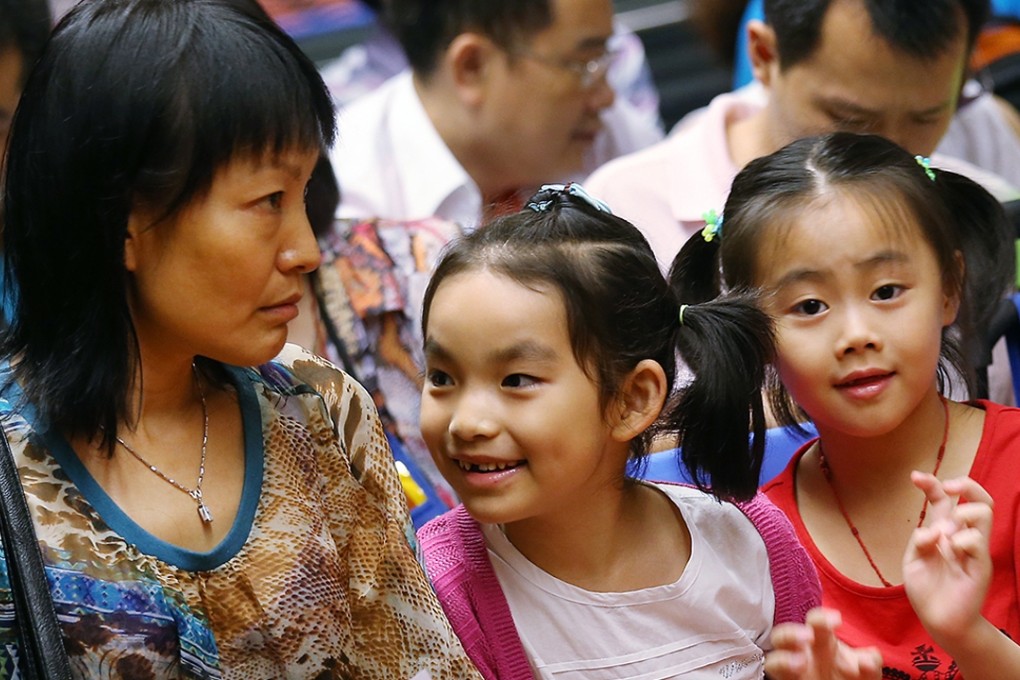iPhone, Cola and Kinky: what’s in a Hongkongers name?
Trend for Hongkongers choosing unusual English names continues as they compete to find most original one

Soufflé, Arial, Focus, Hippo and Kinky. They might sound like the members of an avant-garde electro-pop band, but in fact they are just some of the more unusual names that Hongkongers are going by in 2016.
So why are quirky names so popular in Hong Kong and how do we explain their evolution? Post-colonial British influences mean most Hongkongers have an English name that they commonly use at work or amongst friends, while at home they will often answer to their Chinese name or nickname.
The tradition seems to vary according to a person’s class. Upper-class and Western-educated parents typically give their children English names at birth or soon after. Some Chinese parents pay feng shui masters up to HK$25,000 to come up with an original name for their child based on factors such as the time of their birth and characteristics they want their kids to have later in life. Feng shui dates as far back as 4000 BC in China. It remained popular in Hong Kong and Taiwan in the 1960s while being pushed out of China during the Cultural Revolution. It has since regained popularity in Hong Kong. It is sometimes used to choose a new name for a child later in life if a family believes they are suffering from cosmic problems, i.e. bad luck.
READ MORE: ‘Expat brats’ give their take on growing up in Hong Kong as ‘third culture kids’
Sometimes parents have quite different ideas on what to use – such as including the concept of the sky – but we tell them it is not a stable name choice in Chinese culture

“People in Hong Kong are trying to assert their individuality. It is a bit like when you choose clothes - you are making a statement of sorts.” Joseph Bosco, associate professor of cultural anthropology at the Chinese University
It is a bit like when you choose clothes. You are making a statement of sorts – but it is not a political one, at least not a conscious one
In contrast, working-class children may be given a name later out of necessity at school. They might choose their own name or be given one by their teacher. This might be one reason why some children have ended up with rather arbitrary names, such as Rainbow.